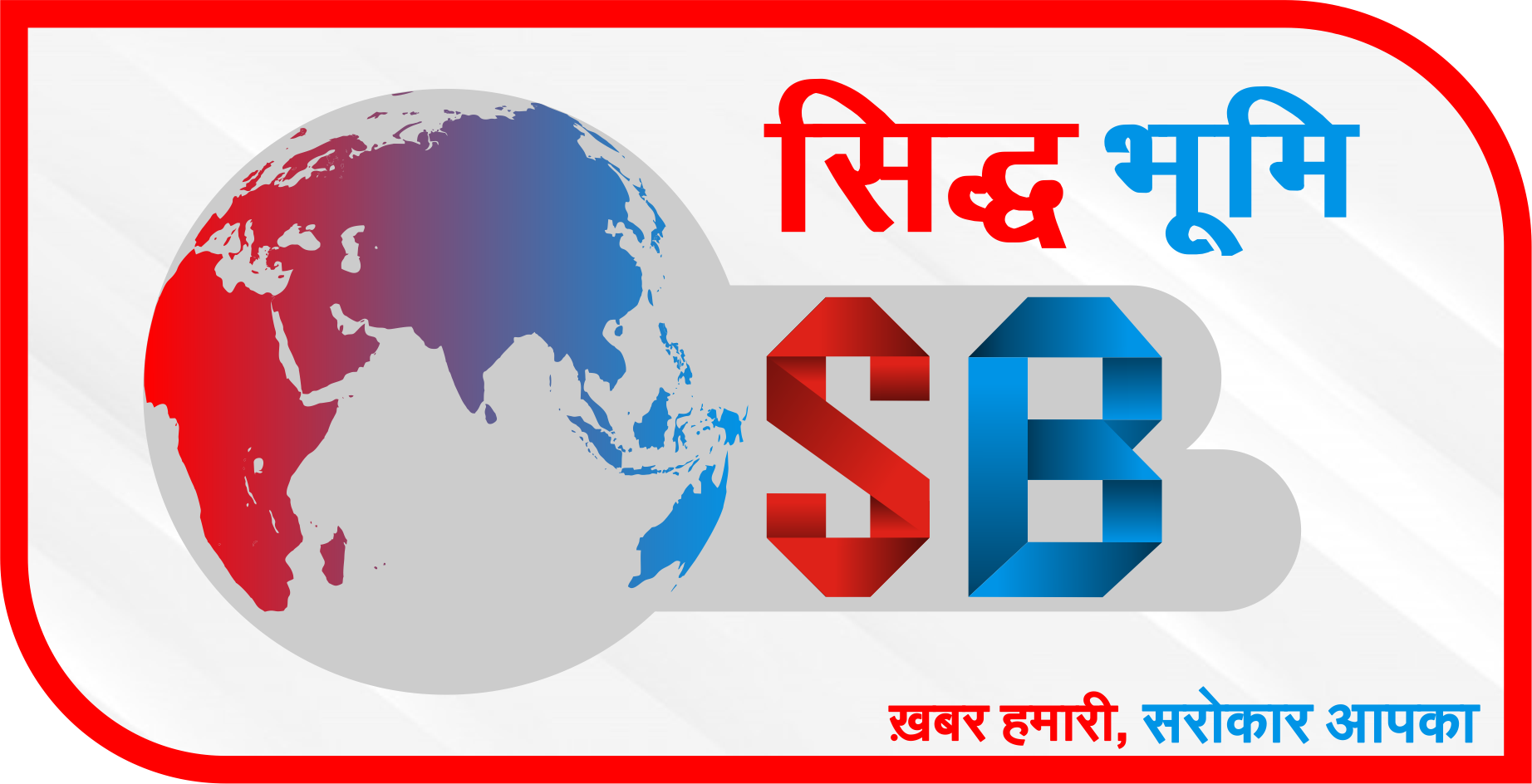The Increase of Student-Driven Encyclopedias: Transforming Learning Landscapes
In the ever-evolving realm of education, where information flows abundantly and accessibility to knowledge is only a click away, student-driven encyclopedias are becoming a dynamic device in the understanding process.

These platforms not just supply students with a repository of information however likewise urge them to contribute, modify, and curate material, cultivating a collective and interactive understanding environment.
As academic standards change in the direction of more participatory and comprehensive designs, the principle of student-driven encyclopedias embodies this improvement. These systems empower trainees to become active participants in understanding production, bridging the void in between conventional textbook learning and contemporary electronic resources.
The Concept of Student-Driven Encyclopedias
Student-driven encyclopedias are digital systems where education platform pupils jointly collect, validate, and distribute details on a wide range of topics. Unlike conventional encyclopedias, which are usually composed by specialists, these systems leverage the collective efforts of pupils to develop a detailed body of knowledge.

At their core, student-driven encyclopedias are developed to cultivate crucial thinking, study abilities, and digital proficiency amongst trainees. By participating in the process of web content creation, trainees discover to browse and assess information critically, skills that are crucial in today’s information-rich culture.
Additionally, these platforms work as a space for students to discover their rate of interests and share their expertise. This autonomous technique to expertise development makes sure that a varied range of perspectives and voices are represented, enriching the discovering experience for all individuals.
- Trainees gain hands-on experience in research study and web content production.
- Urges partnership and peer communication.
- Advertises a much deeper understanding of subject.
- Fosters inclusivity and variety in understanding representation.
Fundamentally, student-driven encyclopedias change students from easy receivers of information into active factors, instilling a feeling of ownership and obligation in their instructional trip.
Advantages of Student-Driven Encyclopedias
One of the major advantages of student-driven encyclopedias is the advancement of important 21st-century skills. As students take part in the procedure of content development, they hone their important thinking, digital proficiency, and interaction skills, all of which are vital in today’s interconnected globe.
Additionally, these systems motivate a collective knowing setting, where trainees can interact to confirm info, discussion various viewpoints, and co-edit short articles. This peer-to-peer communication not only enhances learning outcomes yet likewise fosters a sense of community and mutual regard amongst trainees.
Moreover, student-driven encyclopedias offer a system for showcasing pupil work. As pupils contribute to the encyclopedia, they construct a portfolio of their research and writing, which can be invaluable for further scholastic and professional pursuits.
Obstacles and Limitations

In spite of the various advantages, student-driven encyclopedias likewise deal with particular obstacles. Ensuring the precision and reliability of details is critical, as these platforms depend on payments from students who might not yet possess expert-level expertise.
- Maintaining content high quality and accuracy.
- Providing ample guidance and guidance.
- Making certain equitable gain access to and inclusivity.
To minimize these obstacles, lots of student-driven encyclopedias apply a system of checks and balances, where web content is reviewed by teachers or professionals prior to magazine. This guarantees that the details presented is both precise and trustworthy, promoting the stability of the platform.
The Future of Student-Driven Encyclopedias
As innovation remains to breakthrough and the landscape of education and learning develops, the potential for student-driven encyclopedias is substantial. These systems have the capacity to not just enhance typical academic sources however also redefine the method understanding is obtained and shared.
In the future, we may see student-driven encyclopedias integrating advanced innovations such as artificial intelligence and machine learning to improve material curation and customization. Additionally, they might increase past textual details to include multimedia web content, supplying a more immersive understanding experience.
Empowering the Future Generation
Student-driven encyclopedias hold the guarantee of empowering the future generation of students. By putting pupils at the helm of knowledge production, these platforms encourage long-lasting knowing, interest, and intellectual freedom.
In conclusion, as academic systems continue to introduce, student-driven encyclopedias stand as a testimony to the power of cooperation and the significance of student firm in the discovering procedure. By welcoming these platforms, we unlock to an extra comprehensive, engaging, and vibrant educational experience for all.






